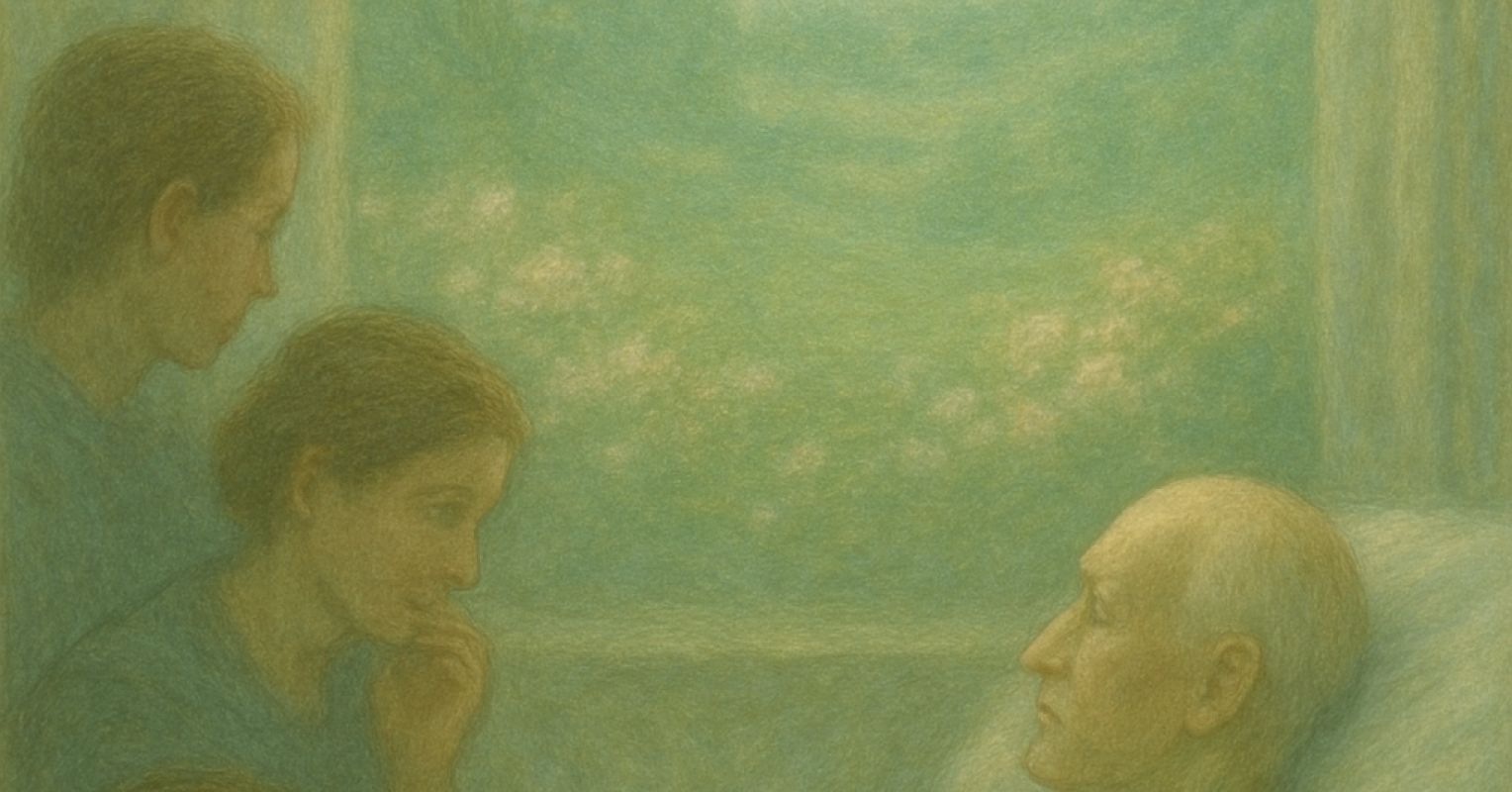
"Family and friends surround him, the room suffused with that particular stillness that often accompanies life's final hours. Then something unexpected occurs. The composer opens his eyes and asks those present: "Can you hear this beautiful melody? The enormously beautiful music?" The response from those at his bedside is immediate: "No, there's no music here." Rachmaninoff insists: "Yes, but can't you hear this beautiful melody? It's so..." They maintain: "No, no, there's nothing here.""
"What would it have cost those present to ask: "What kind of music are you hearing? Can you describe it? Could you hum it for us, and we'll transcribe the notes?" On multiple levels, this scene encapsulates a challenge we face constantly in our research: When someone reports an experience that doesn't match our own perceptions, our first impulse is often to correct rather than to explore."
A dying composer reports hearing an enormously beautiful melody that no one else can hear, and those present deny its existence instead of asking for details. Such responses exemplify a common error in caregiving and research: correcting anomalous reports rather than exploring them with curiosity. Perceptual experiences at life’s boundaries can yield valuable qualitative data and create opportunities for gentle human connection when witnesses request descriptions, humming, or transcription. Not every report should be accepted uncritically, since informants sometimes frame or question their own experiences. A listening, investigative stance prevents missed opportunities for knowledge and compassion.
Read at Psychology Today
Unable to calculate read time
Collection
[
|
...
]